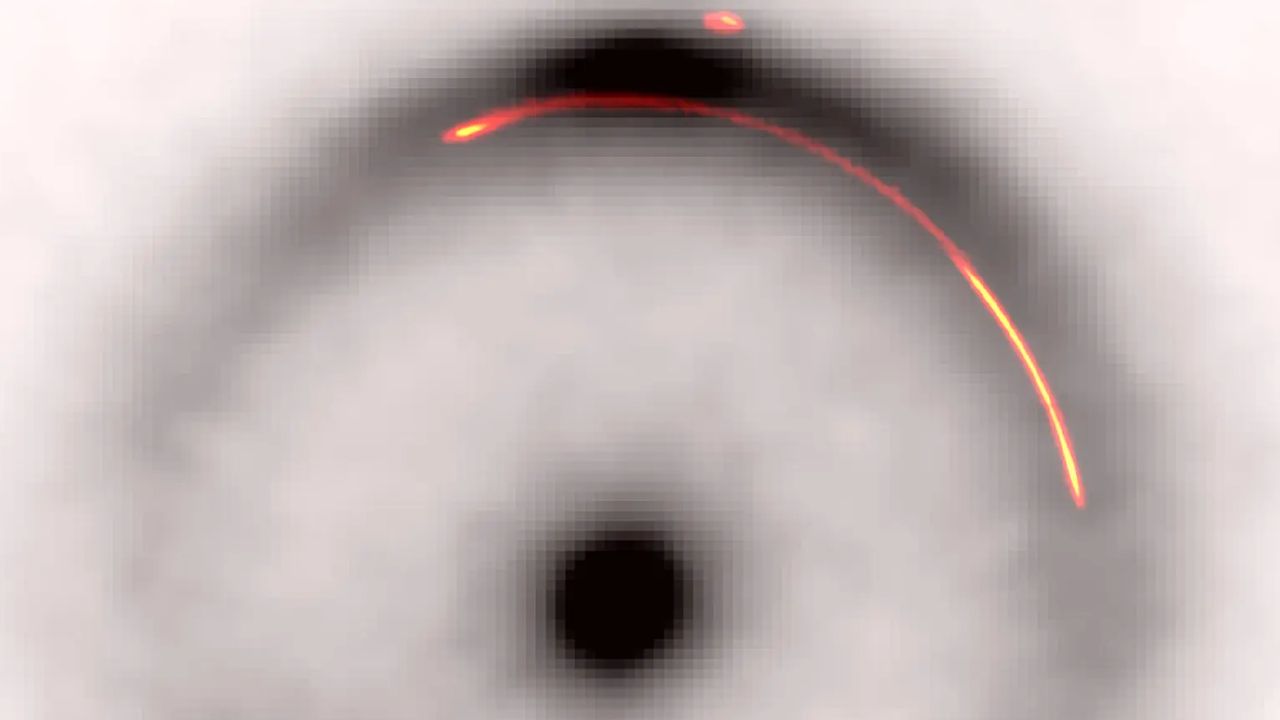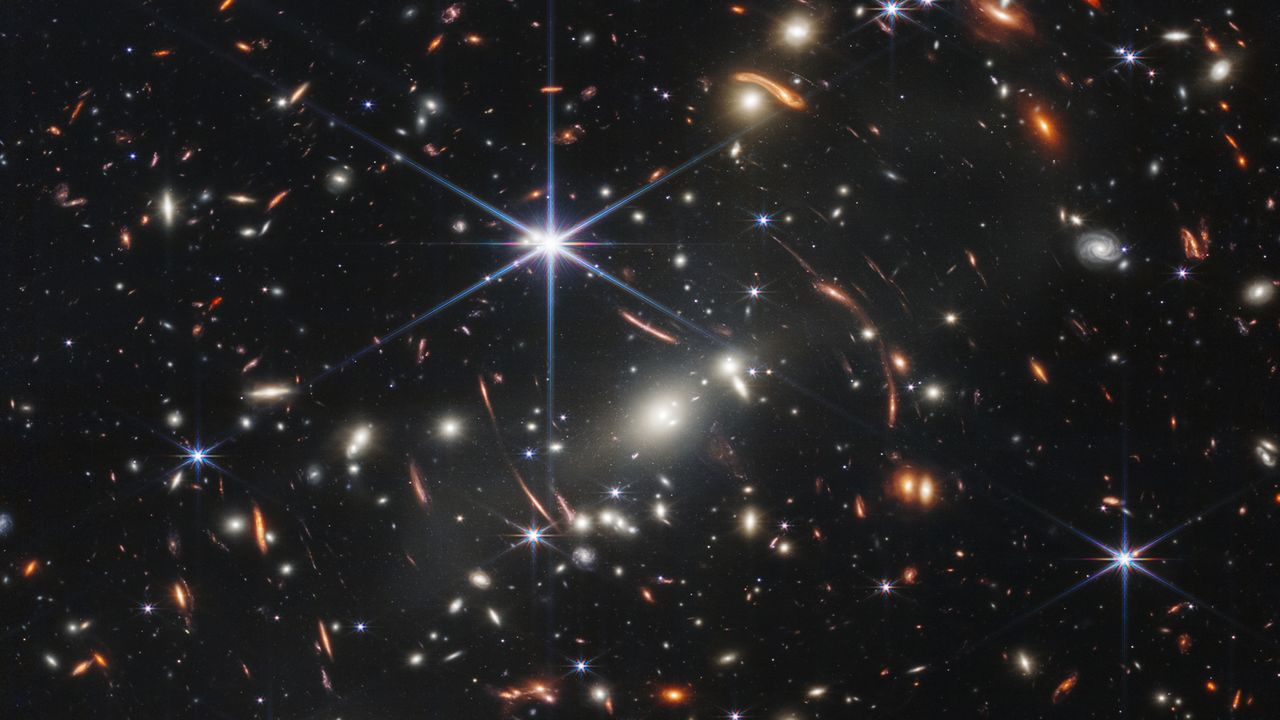Record-breaking 'dark object' found hiding within a warped 'Einstein ring' 10 billion light-years away
PositiveScience

Researchers have made an exciting discovery of a suspected clump of dark matter hidden within a luminous halo known as an 'Einstein ring,' located 10 billion light-years away. This remarkable find, the smallest of its kind ever observed, could provide crucial insights into the universe's missing matter, helping scientists understand more about the cosmos and its composition. Such breakthroughs not only advance our knowledge but also spark curiosity about the mysteries that still lie beyond our reach.
— via World Pulse Now AI Editorial System



